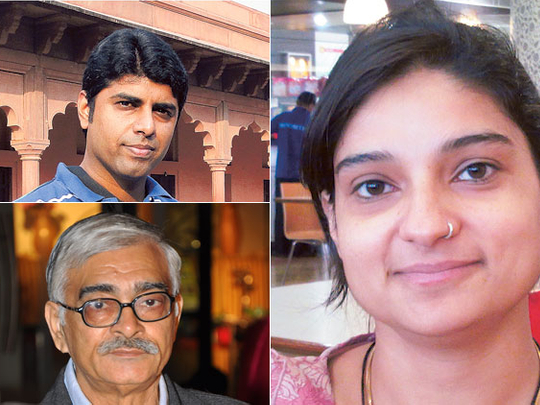
New Delhi: It can be said that no other country in the world has as much religious diversity as India. Thus, the Right to Freedom of Religion forms a very important Fundamental Right, aiming at maintaining the principle of secularism in the country.
The Indian Constitution firmly states that all religions are equal before the law, and no religion shall be favoured over the other.
Being heterogeneous and pluralistic with multiplicity of faith and cultures, Indian society nourishes and nurtures almost all the established religions of the world such as Hinduism, Islam, Christianity, Buddhism, Jainism and Sikhism.
Every individual has a natural entitlement to religious faith and freedom of conscience, and a right to adopt or abandon any faith of his choice. In this sense, freedom of religion and freedom of conscience is a fundamental right both constitutionally and conventionally.
The Constitution’s Preamble clearly states that India is a secular state. Right to Freedom of Religion is well described in Articles 25, 26, 27 and 28 of the Indian Constitution. According to this fundamental right, every citizen has the opportunity to practice and spread his religion peacefully. And if any incidence of religious intolerance occurs, it is the duty of the Indian government to curb these incidents and take strict actions against it.












